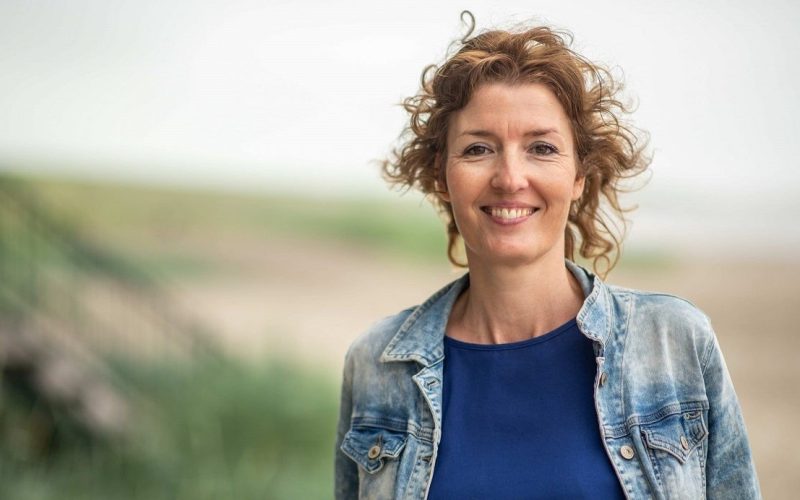UMC Utrecht has appointed Nynke Boonstra as Professor of Nursing in Mental Health, effective February 1, 2022. The chair, which falls under the strategic program Brain, is a unique collaboration between the Faculty of Medicine of Utrecht University and educational institution GGZ-VS. ‘If we scientifically substantiate the intrinsic value of the work of nurses, it will be taken seriously.’
While a large group of patients and nurses are involved, the infrastructure for nursing research in the mental health field is still limited in the Netherlands. The Chair for Nursing in Mental Health Care is focused on improving the care of patients with severe psychiatric disorders. Nynke Boonstra will investigate which forms of mental health care are needed to realize value-driven care within this domain. Promoting recovery, increasing resilience and patient participation are important themes in this context.
In the development of new interventions for the end-user, co-creation, in which patient and nurse work together on new interventions, can be of great value. In this way, the chair can contribute to the integration of patient participation in the daily nursing work within all layers of healthcare organizations. Initially, Boonstra will focus on research within mental health nursing, but her research findings can therefore advance nursing more broadly.
Nynke Boonstra is the very first GGZ nurse specialist to be appointed professor in The Netherlands. She will continue to combine education and research with direct patient care in the GGZ. As the first woman in this position, she represents the academic top of a profession that consists of eighty percent women. She is a role model showing that ‘making a career at the bedside’, the desire of many ambitious students and nurses, is indeed possible.
Boonstra works as a practicing nurse specialist at KieN, a provider of tailored specialist care for people with psychosis susceptibility, and as a lecturer at NHL Stenden college. For nine years she worked as a trainer of nursing specialists at GGZ Friesland. This experience enables her to bridge the gap between everyday practice and science like no other.
Boonstra’s research focuses on prevention, resilience and recovery. This approach is closely aligned with the field of expertise of the Mental Health Nurse Specialist. Boonstra: “While a psychiatrist usually focuses on the disease and healing, a nurse teaches patients to deal with the consequences of their illness: what can still be done? How can the illness be understood and given meaning in the patient’s own narrative? How can the patient regain ownership of his/her own life? And what nursing treatments and interventions are helpful in this process?”
Psychiatric patients themselves play an active role in their recovery and the research Boonstra conducts is inclusive. Patients are not only the object of study, but also the subject. They are part of a steering committee, help think about the research method and contribute to publications. If we scientifically substantiate the intrinsic value of the work of nurses, it will be taken seriously,’ says Boonstra. ‘And those who are taken seriously are heard, recognized and rewarded.’ Moreover, the research results give nurses the words to explain what they do: ‘If you want to be heard, you first have to learn to narrate better.’
Image credit: Rein Rijke Zout Photography
